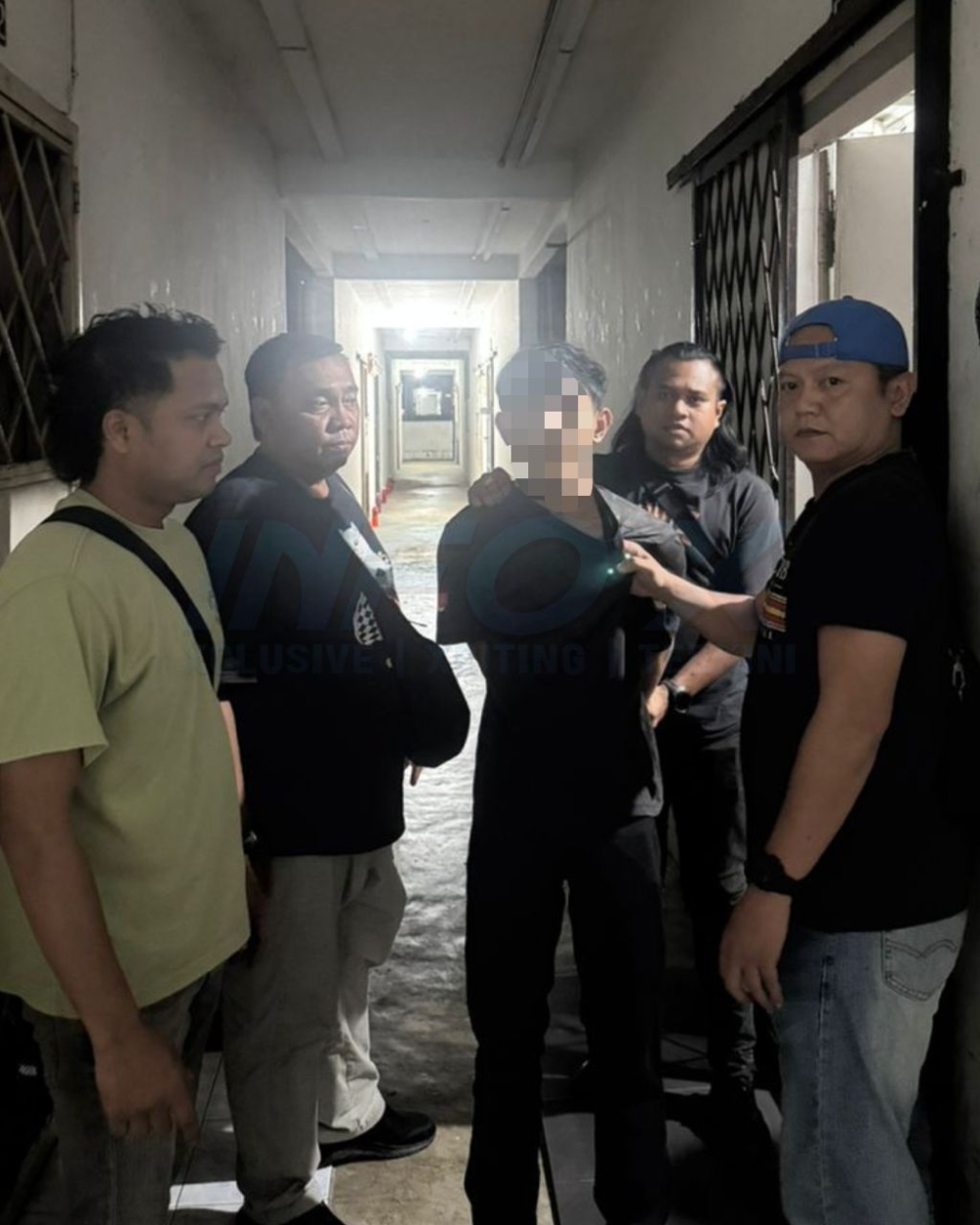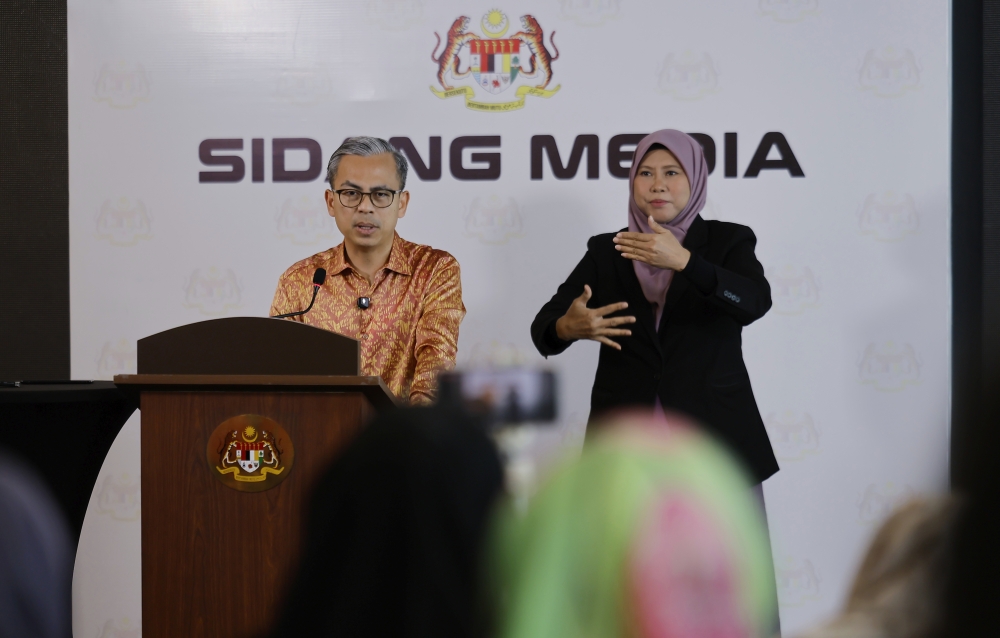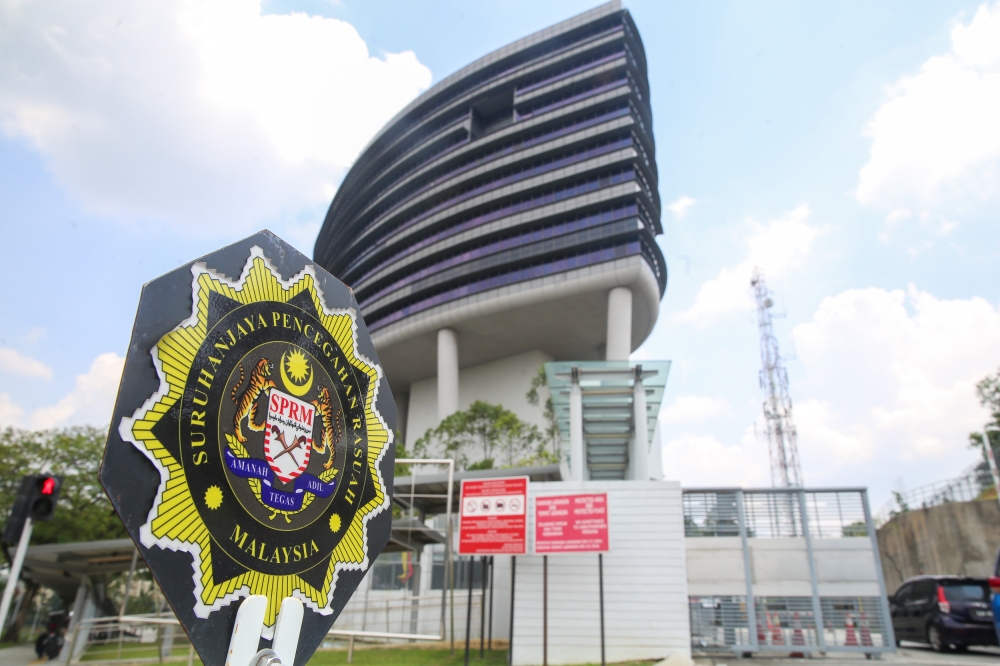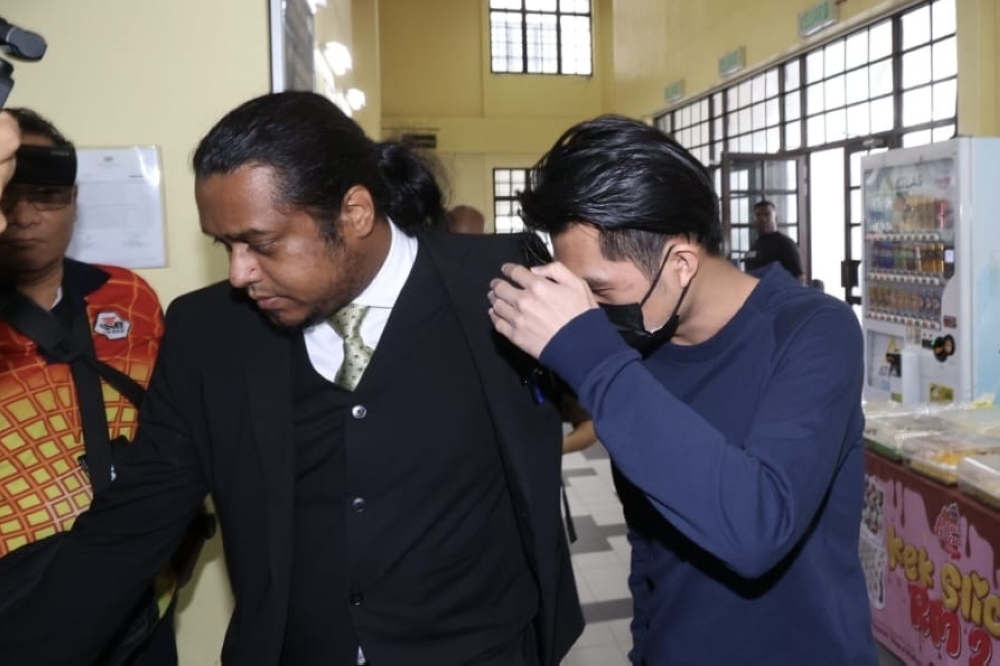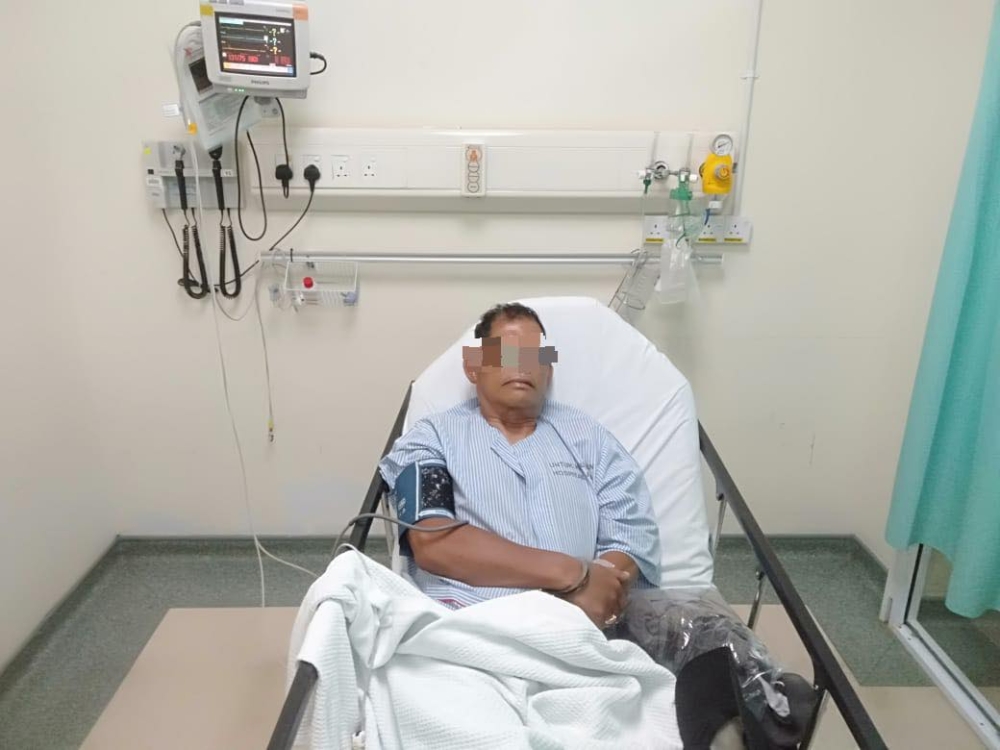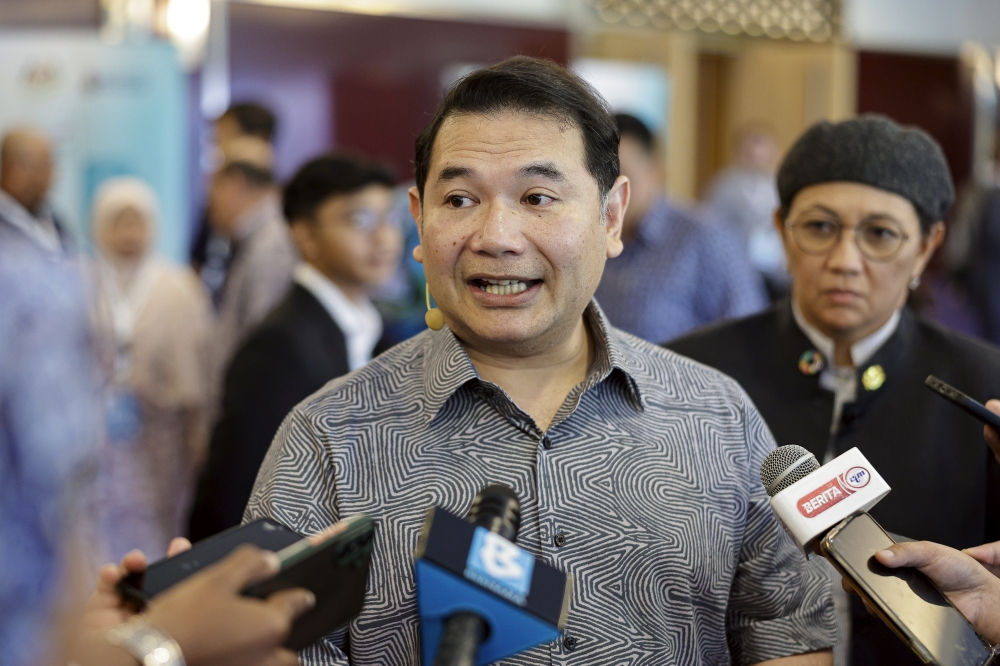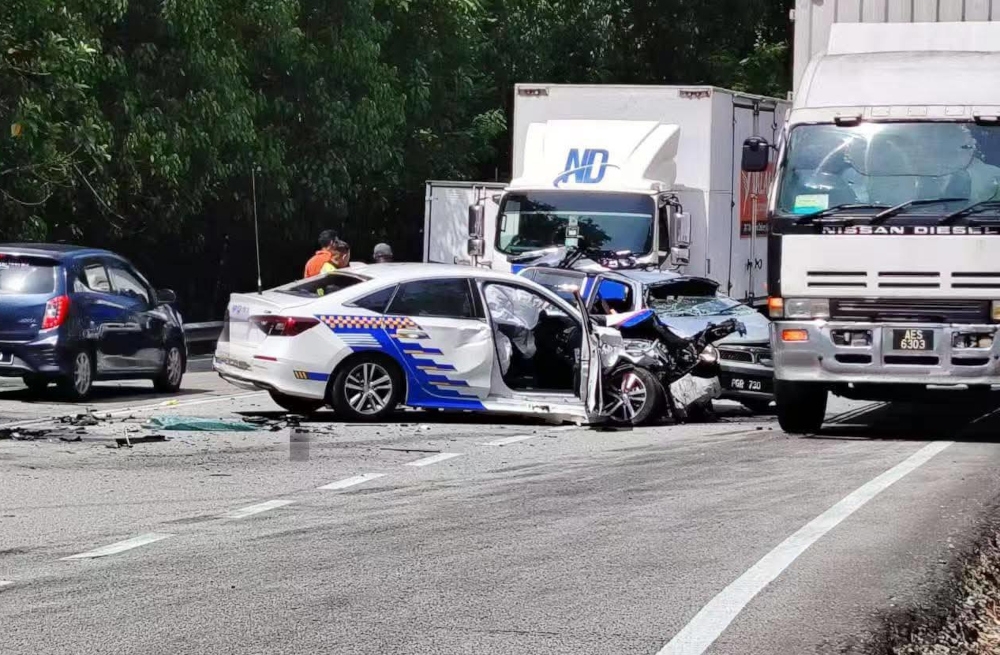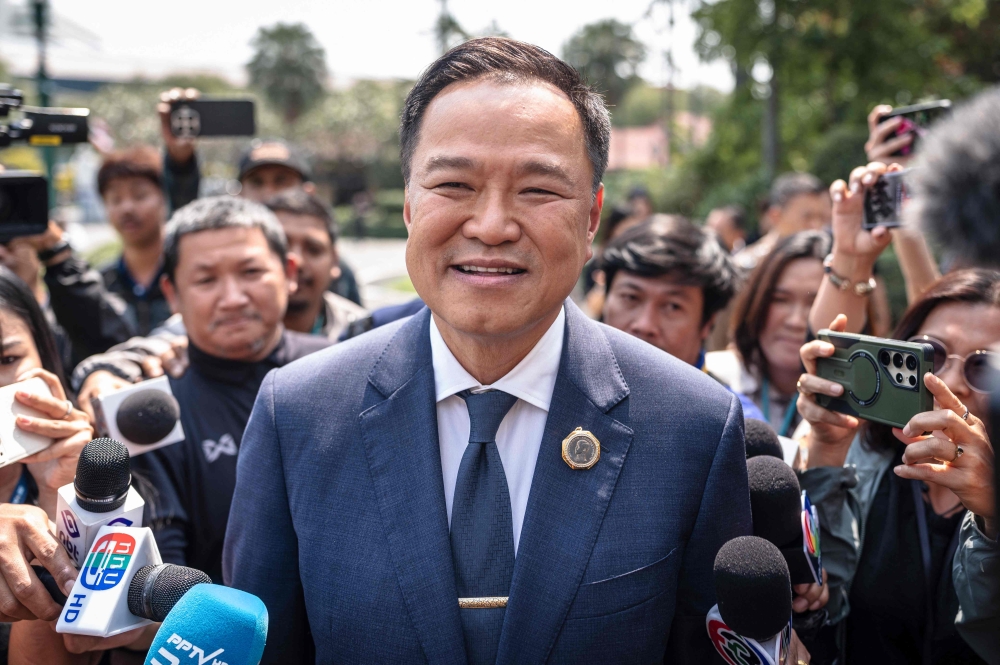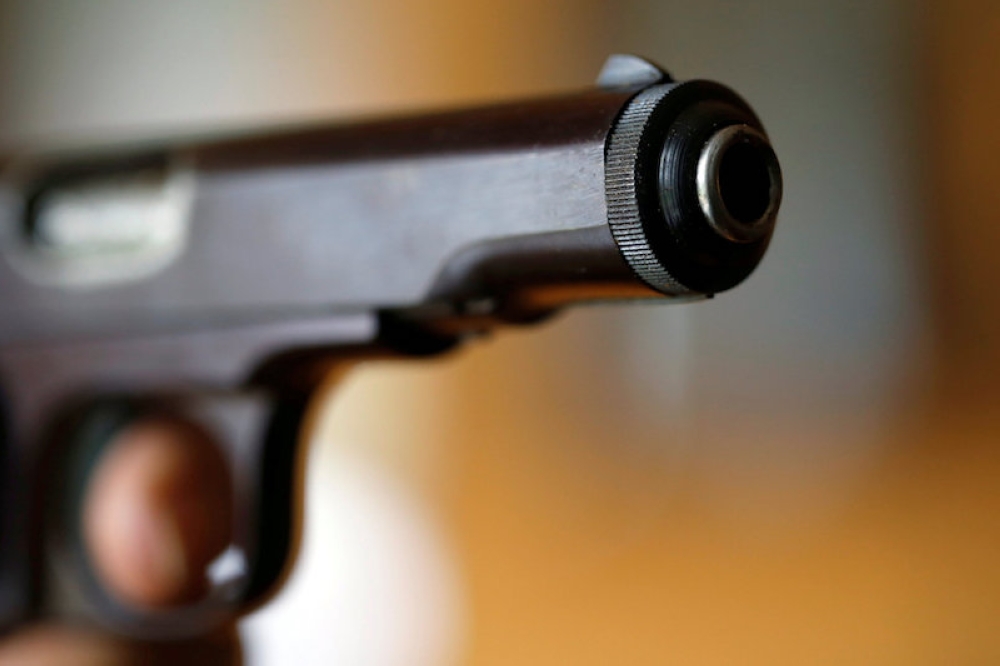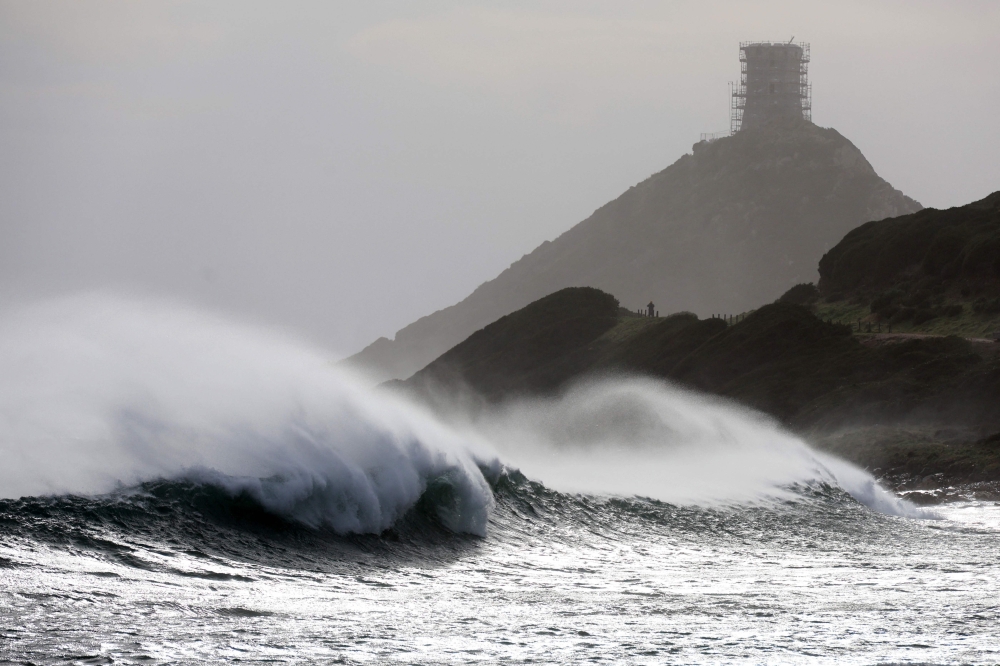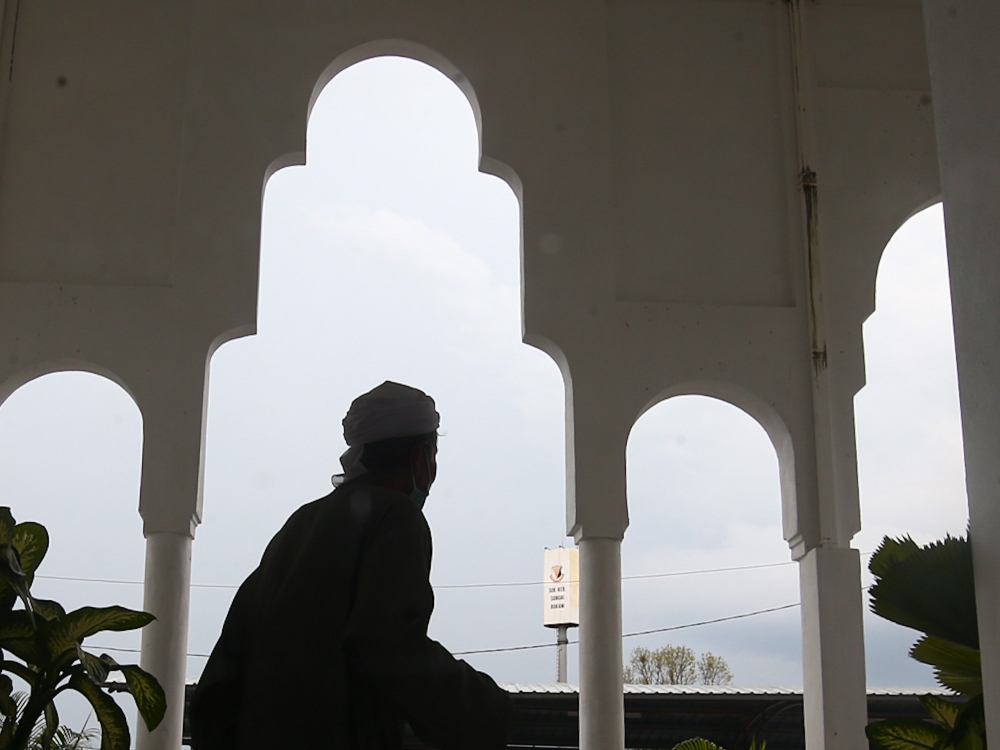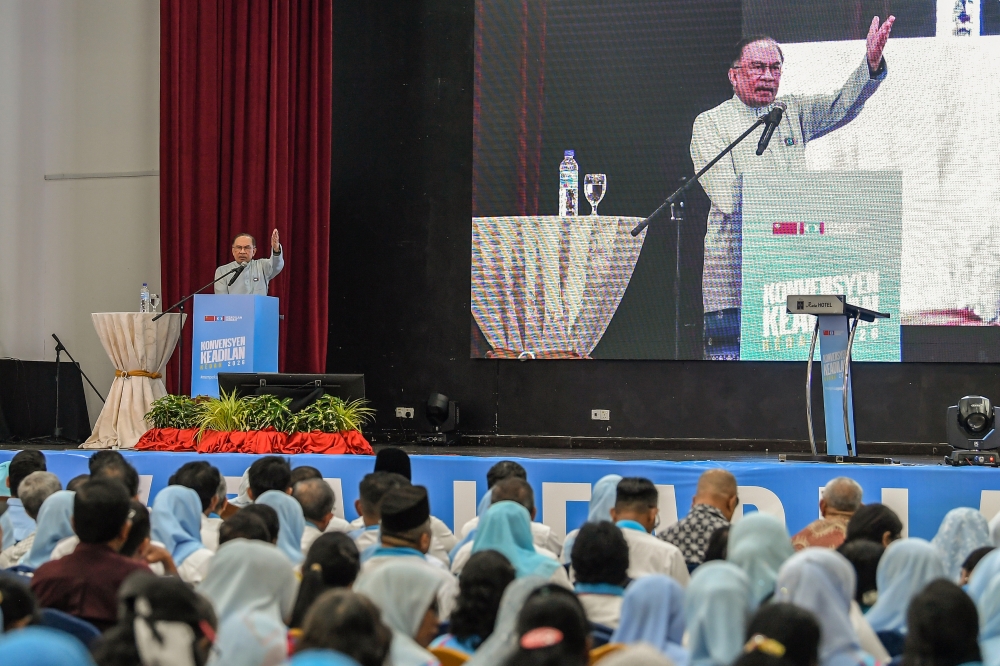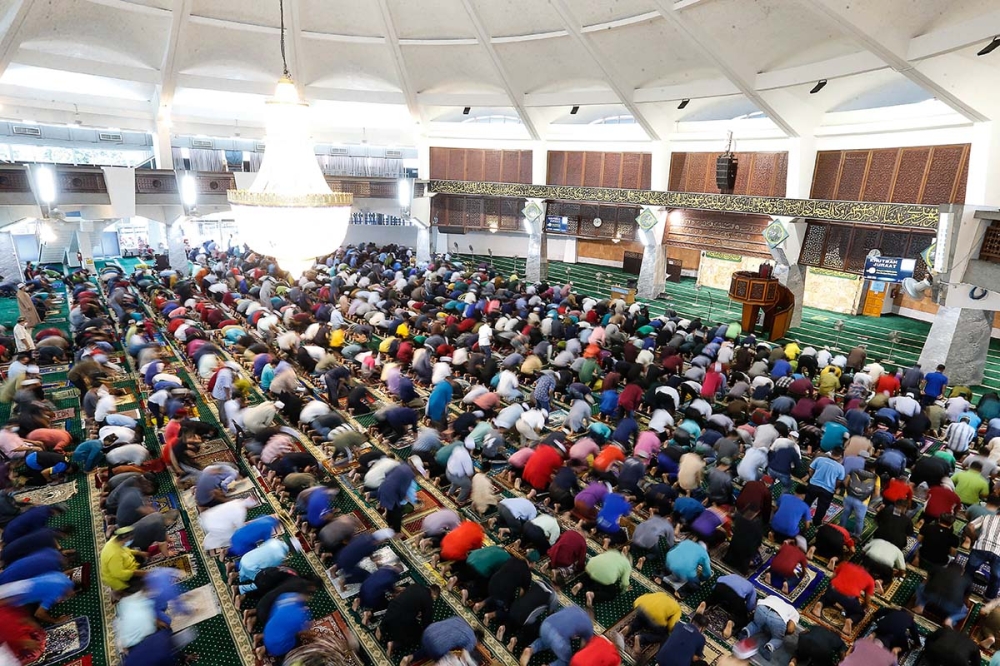RAKOVSKI, May 6 — Pope Francis said today the plight of suffering immigrants and refugees was “the cross of humanity,” taking up their case for the second consecutive day during a visit to Bulgaria that has put him at odds with the government.
Bulgaria’s centre-right coalition government, which includes three nationalist anti-migrants parties, wants the European Union to close its external borders to migrants and set up refugee centres outside the bloc.
It has built a fence along its border with Turkey and stepped up controls on its border with Greece to help block any repeat of the massive migrant influx that gripped Europe in 2015 and stoked support for far-right anti-immigrant parties.
Francis began his second day in Bulgaria with a visit to a refugee centre in Sofia, where he met with about 50 people and their children who are helped by a Catholic charity.
“Today, the world of migrants and refugees is a bit like a cross, the cross of humanity, a cross that many people suffer,” he told them in improvised remarks after hearing some of their stories and listening to children singing.
The centre, housed in a former school building, helps migrants mostly from Syria, Afghanistan and Iraq.
An organiser at the refugee centre told the pope that people of all faiths, including many Muslims, had volunteered to help the migrants, in a sign of inter-religious dialogue.
Francis later flew to Rakovski in southern Bulgaria, a predominantly Roman Catholic town in the overwhelmingly Eastern Orthodox country, to say a mass.
“Don't close your hearts”
Shortly after his arrival in Bulgaria yesterday, Francis, who has made the defence of migrants a key plank of his pontificate, urged government leaders directly to “not close your eyes, your hearts or your hands, in accordance with your best tradition, to those who knock at your door”.
Bulgaria, the EU’s poorest country, has taken an anti-immigrant stance even though it has a rapidly ageing population and a low birth rate. More than two million Bulgarians have left the country since the fall of communism in 1989 in search of better opportunities in western Europe and beyond.
General dissatisfaction over slow economic growth, security threats posed by Islamist militants and a backlash against migration across open EU borders have boosted support for euro sceptic nationalists in many EU member states ahead of elections to the European Parliament later this month.
One purpose of the pope’s three-day trip to Bulgaria and North Macedonia is to improve ties with the Orthodox churches as part of the Vatican’s push for eventual unity between the Eastern and Western branches of Christianity that split in 1054.
Francis heads to North Macedonia for the final leg of the trip tomorrow. — Reuters

